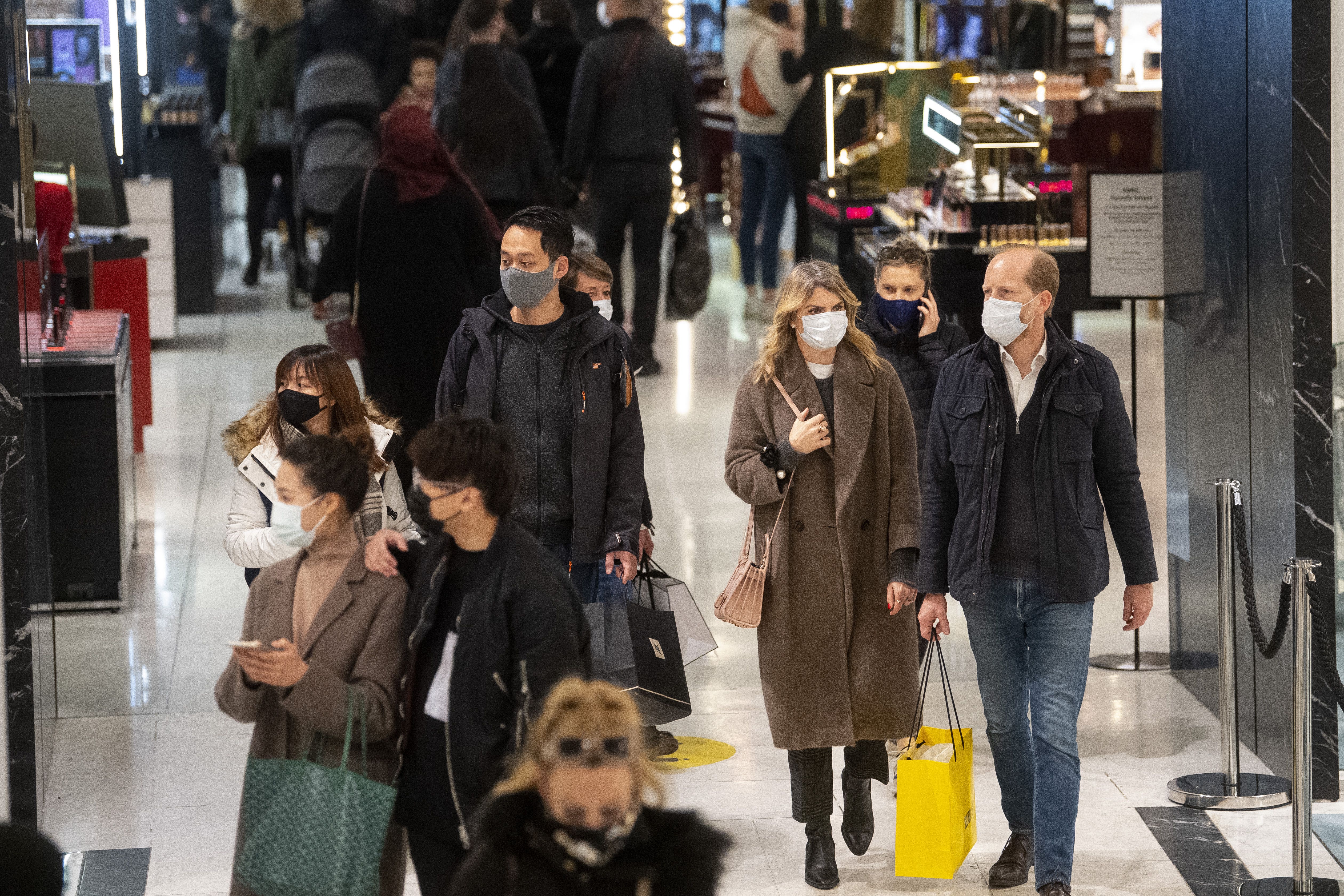Damage to UK image caused by Covid support fraud ‘a blip’ – civil servant
The Cabinet Office permanent secretary said he expects the UK’s international reputation to improve after research found a drop in confidence.

The reputational damage done to the UK by the high level of fraud involving Covid-19 support schemes was a “blip”, a senior civil servant has told MPs.
A recent report by the National Audit Office (NAO) said the latest Transparency International survey of perceptions of corruption showed the UK had fallen from eighth out of 180 countries in 2017 to 18th in 2022.
Cabinet Office permanent secretary Alex Chisholm told the Public Accounts Committee he expects the UK’s reputation to improve due to steps taken by the Government to improve how Whitehall departments and national bodies handle fraud.
He said “it is right that the Government considers international ratings”, but stressed the findings were based on “people’s perception” rather than findings.
Mr Chisolm added: “I think that probably will have been affected by some of the noisy reporting over the time of Covid about some of the expenditures.
“The press obviously would report, for example, claims made which have gone to court in most cases and haven’t been held up in court but will certainly have created an atmosphere where people will be asking questions about that, at the very least.
“I would hope and expect that our rating will recover from that blip.”
Lord Agnew, the Treasury minister responsible for departmental efficiency, resigned in January 2022 over the Government’s handling of fraudulent Covid business loans.
Asked whether there had been “dramatic” changes to processes since Lord Agnew’s resignation, Treasury permanent secretary James Bowler said: “Not necessarily triggered by that but we are investing £1 billion in counter-fraud.
“We require impact assessments on all major Government spending. We have the Public Sector Fraud Authority (PSFA) that we have set up. So I think ‘dramatic’ would be a good word to describe the change since then.”
The NAO report warned that “historical experience shows that it takes a long time to rebuild trust when it is diminished”.
It added that the impact of fraud and corruption “affects perceptions and levels of trust in government, markets, public services and country”.
There is a gap there between the estimate... and the detected levels. That is something we need to look into and do more to understand that gap and the nature of it
The PSFA, set up by the Government in response to concerns about the level of fraud involving public money during the pandemic, estimated there was between £33.2 billion and £58.8 billion of fraud and error across Government spending in 2020-21.
Details provided in annual reports of Government departments and arms-length bodies show an estimated £21 billion was specifically lost to fraud in 2020-21 and 2021-22, compared with £5.5 billion in the two years before the pandemic.
Of the £21 billion lost to fraud, £7.3 billion related to temporary Covid-19 schemes and was in addition to an estimated £10 billion a year lost to tax evasion and other tax crimes.
The NAO said these figures are likely to be underestimates due to limits to the way fraud and corruption are recorded.
The report also said Government departments detected fraud totalling £243 million in 2020/21 and recovered £29 million.
Challenged on why detection levels were low compared with the overall estimated cost of fraud, PSFA chief executive Mark Cheeseman said performance was improving.
He said: “Those figures are generally rising. You’re quite right, there is a gap there between the estimate… and the detected levels. That is something we need to look into and do more to understand that gap and the nature of it.”
Bookmark popover
Removed from bookmarks